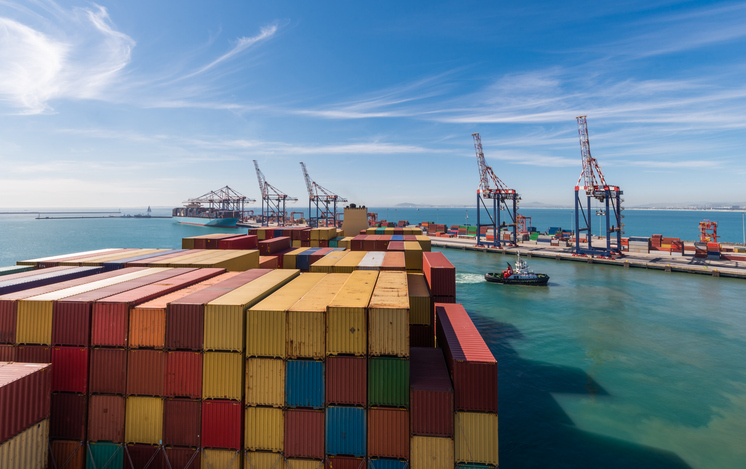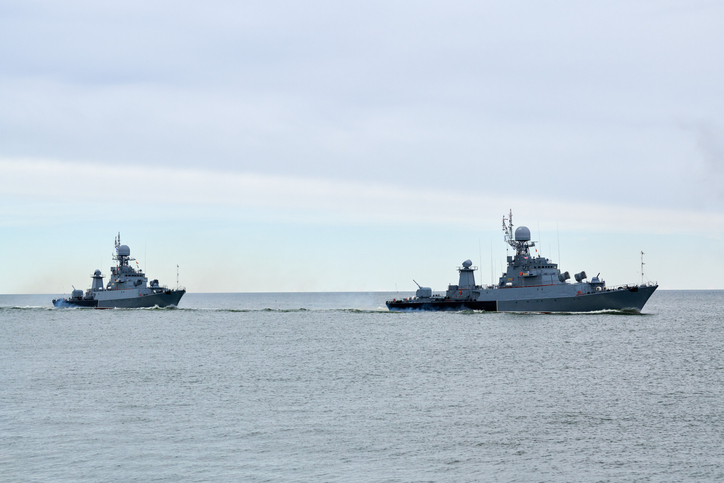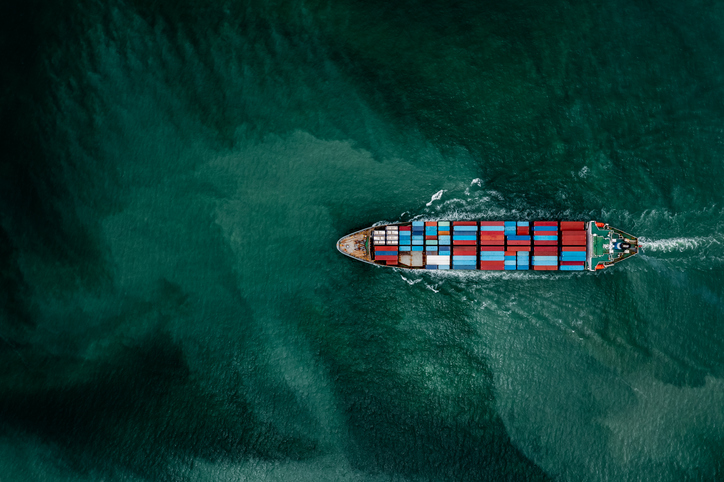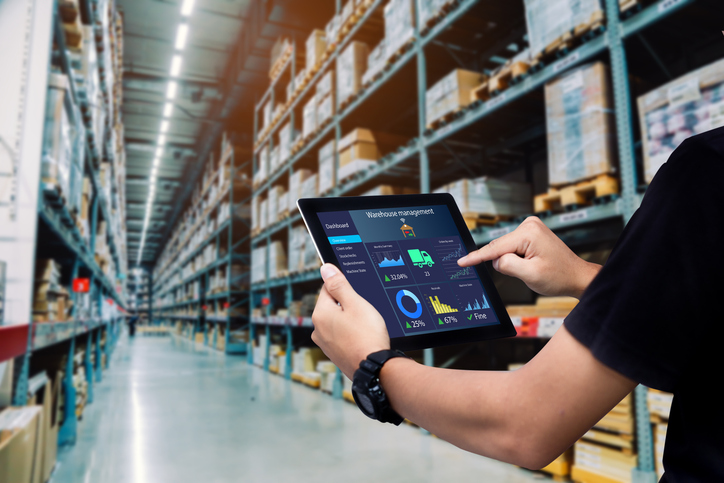
The Weekly Roar
In this week’s Roar: Trade keeps moving, the U.S. campaign against the Houthi, the EU’s global exports tanking, U.S. cargo skyrocketing, and the industry’s acceptance of AI.
Before COVID, it’s probably safe to say that the average consumer thought little about how supply chains worked. But when the flow of trade became much more difficult, it raised awareness. And since then, we’ve had many well-publicized events that have impacted supply chains like the war in Ukraine, ongoing labor strikes, the Suez Canal closure, issues in the Red Sea, and most recently, the disaster in Baltimore. These disruptions have caused uncertainty for all of us, but the logistics industry always finds a way to adapt and freight keeps moving. Ocean schedule reliability, as one current example, remains strong.
With little change to the problems in the Red Sea, the U.S. has stepped up its campaign against the Houthi. Yet despite the challenges of stopping the flow of weapons to the group, there’s progress being made. Diplomatic efforts to end the conflict are continuing with the Biden administration considering removing their terrorist designation in order to encourage negotiation. However, the proposal has been criticized.
The EU’s share of global exports has dropped, trending down from its peak of 16.3% in 2016 to just 13.7% more recently. Meanwhile China’s export share is currently at 18.2% and growing. Overall, the EU’s economic growth is lagging behind most other major economies as they try to prioritize economic security and trade competitiveness. But businesses are warning that strict economic security measures will only hurt trade, with a prediction that 85% of future economic growth will come from outside of the EU, weakening Europe’s position.
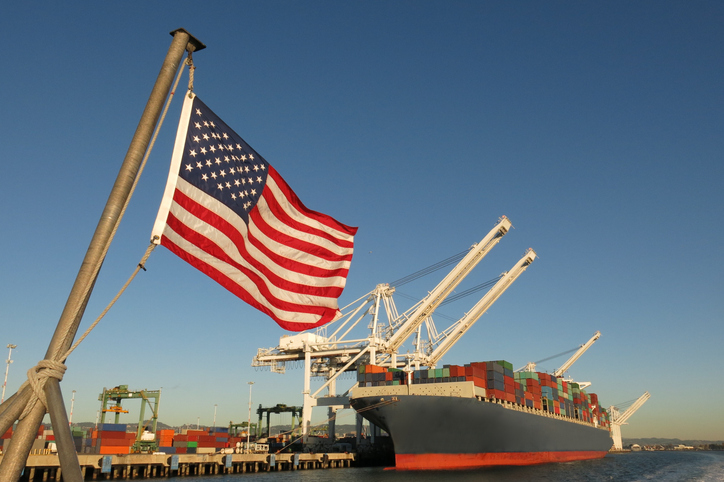
U.S. cargo imports are expected to reach their highest level since October 2023, according to the latest Global Port Tracker report. The report predicts that May will see 2.04 million TEUs imported. This growth comes despite challenges, including the aforementioned disruptions at the Panama Canal, the Red Sea, and most recently at the port of Baltimore. However, the port of Baltimore incident will likely only have a regional impact, not a national one.
A new survey from Gartner addresses the impact of generative AI (Gen AI) on logistics, finding that about half of the leaders polled plan to implement it within the next year. It can be used to analyze logistics data and improve KPI reporting, ultimately helping the industry identify areas for improvement and make better decisions. The report also highlights the importance of organizations assessing their readiness before launching any Gen AI initiatives.
For the rest of the week’s top shipping news, check out the article highlights below.




